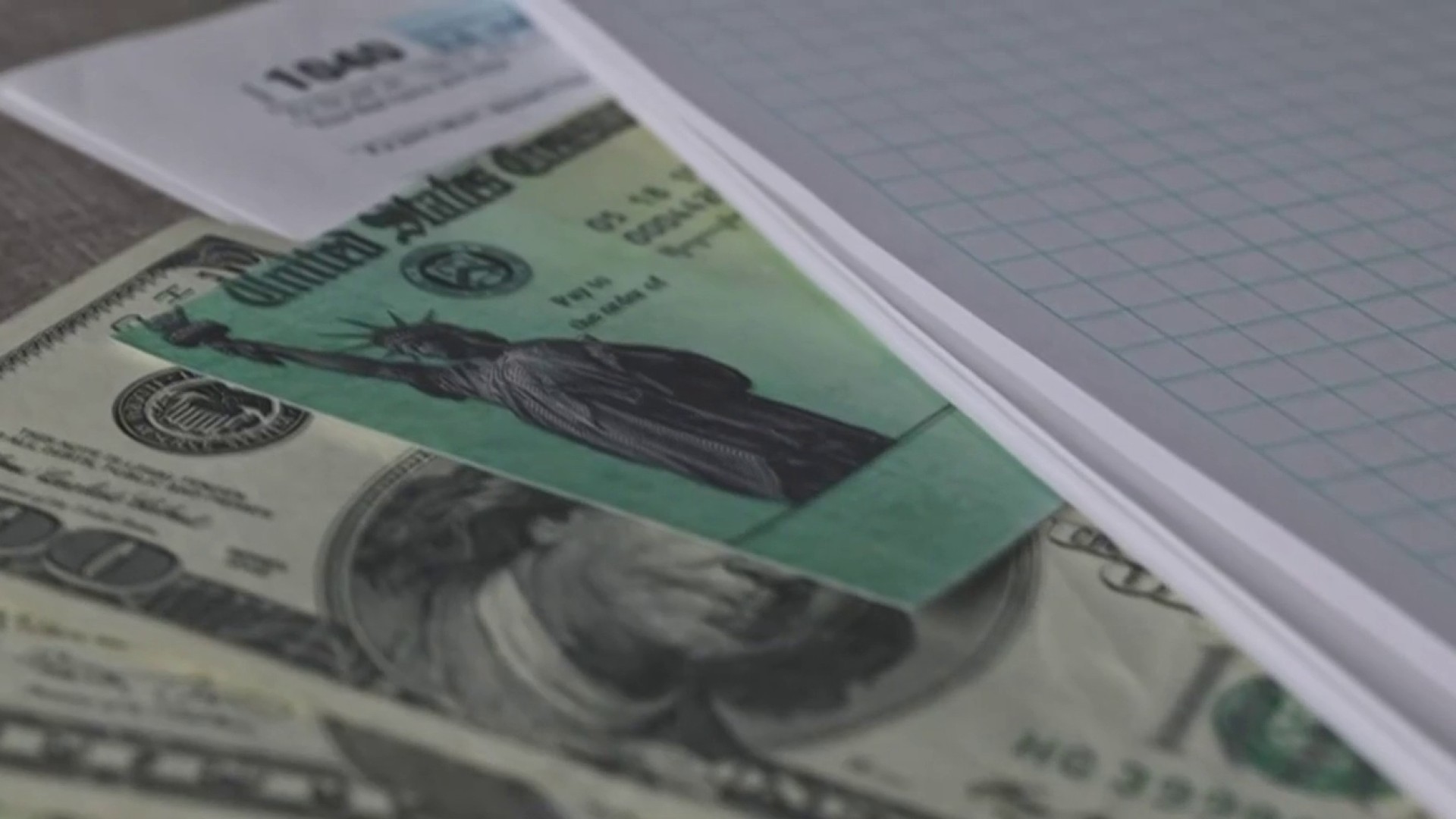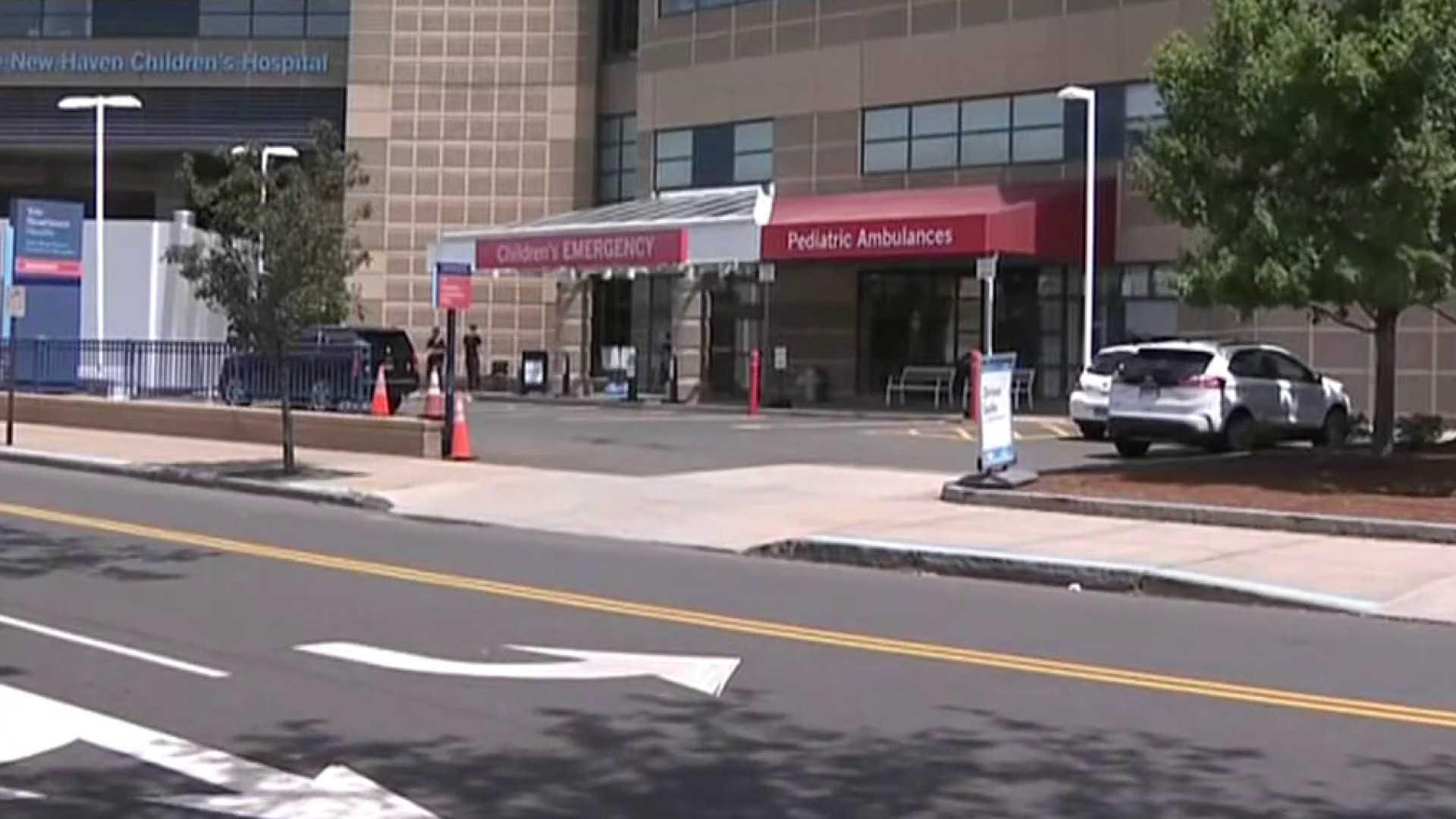This is already the deadliest year on record for wrong-way crashes in Connecticut.
Eric Jackson, the Director of the Transportation Safety Research Center, joins Mike Hydeck to discuss a common factor in most of these crashes and what the state is doing to reduce them.
Mike Hydeck: This year in Connecticut is already the deadliest on record when it comes to wrong-way crashes. Twenty people were killed on Connecticut roads, five of them in the month of July alone. Why does this keep happening? And what's the state going to do about it? Joining me now is Eric Jackson, the Director of the Connecticut Transportation Safety Research Center at UConn. What does the data that you pour over tell us about wrong-way crashes in Connecticut? Are there any patterns that you can see?
Eric Jackson: Absolutely. So some of the patterns that we definitely see is most of these crashes are occurring at night. So they're they're typically between 10 p.m. and 3 a.m. in the morning, and of the crashes that we're able to get the toxicology results back for, the vast majority of those those drivers were under the influence of drugs, alcohol, or drugs and alcohol.
Get Connecticut local news, weather forecasts and entertainment stories to your inbox. Sign up for NBC Connecticut newsletters.
Mike Hydeck: So is there anything as a conclusion you can draw from this? Do you think the the pandemic has anything to do with this overall road safety and these things happening?
Eric Jackson: Absolutely. So we've been tracking transportation safety very closely since the pandemic started. It started really with the lockdown. When the lockdown took place, traffic volumes decreased dramatically, but speed of vehicles increased dramatically. And we've seen that trend kind of continue. The last year, aggressive driving has increased significantly. And what we're noticing is alcohol sales have increased a lot. And we're also having a lot of impaired drivers out on our roadways. So we're really looking at what are the issues that we're facing in Connecticut. We've always been in the top three states when it comes to impaired driver fatalities nationwide. So really and truly COVID has had a negative impact on kind of mental health of those in the state. And it seems as though it's really made people kind of extend their their risk taking behaviors, and do a lot of things on the roadways that they normally and typically wouldn't do.
Mike Hydeck: So oftentimes in Connecticut, you can pick a road, it could be I-95, it could be the parkway -- there are entrance and exit ramps right next to each other where people can confuse. Now we know, we learned recently, the state is planning to add 15 wrong-way warning systems across the state modeled after the one that's already been installed in Danbury. So first, two part question. Can you describe what those systems look like? And have we seen decent results from the one in Danbury?
Face the Facts
Face the Facts with NBC Connecticut goes beyond the headlines, asking newsmakers the tough questions, giving an in-depth analysis of the big stories.
Eric Jackson: Right, so the systems themselves, it's a camera system that's put up towards the intersection. iIt monitors the ramp to make sure vehicles are traveling in the appropriate direction. If it does detect that the vehicle is traveling the wrong direction, there's some flashing beacons that are on the wrong-way signs that will basically alert the driver that they are traveling in the wrong direction. And talking with the Connecticut DOT, I know the one that has been installed, they have successfully had several people that had been alerted that they were traveling the wrong direction, and then actually turned around and not traveled the wrong way on the interstate. So there is some success with those those systems and at least alerting drivers that they are traveling the wrong direction.
Mike Hydeck: I'd like to get your opinion on something else. People are floating the idea of actually putting stop sticks or those kinds of gates, you know, like when you go go to a rental car place, you can only drive over one of them and if you backup your tires will end up popping. Is that realistic?
Eric Jackson: Unfortunately, not most of those type of stock stop sticks or spike strips are really only rated for parking lot use. If you read the manufacturer's website, they can really only travel over those at five miles per hour, even if you're traveling in the correct direction. So effectively, if you put those out, the speed on each ramp would be reduced to five miles per hour. There's also issues with being able to plow those in the wintertime, there's huge maintenance issue. So those will, with the amount of traffic that would run over them, they would quickly fail or need to be replaced. And then essentially every vehicle traveling over those even in the correct direction would would have their tires popped.
Mike Hydeck: And you would also probably end up being liable if it was an accident where you ended up popping somebody's tires that didn't need to be popped as well as the state would end up in lawsuits. Speaking of the state, the governor is planning to spend about $20 million to try to correct the problem. If you were given that check, where would you use it? How should you kind of try to rectify this, do you think?
Eric Jackson: Absolutely. I mean, so identifying these target locations where people are getting on the ramps the wrong way. In July, we had a lot of those appearing in kind of the Bridgeport I-95 area. So trying to identify where people are getting on the wrong way is one piece. It seems as though what we're looking at in the state is there there definitely needs to be some type of either enforcement or education around impaired driving. That's really where we're seeing a lot of the the issues come in, is that people are intoxicated when they're getting on the roadway. They're leaving the bars, they're leaving parties and then they are traveling the wrong way on the interstates when they try and go home.
Mike Hydeck: We even had an accident this week on the Goldstar Bridge, which is a humongous bridge. I was shocked to see that. So hopefully this continues to abate and not ramp up.



